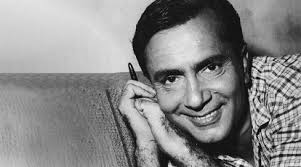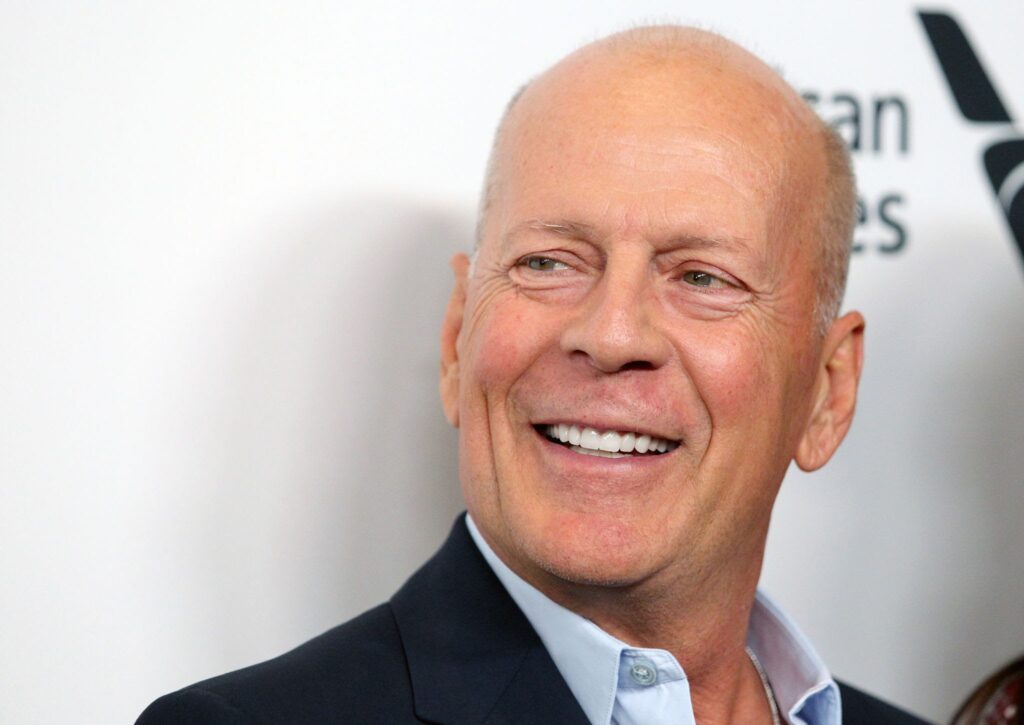Balraj Sahni: The Real-Life Story of a Legendary Actor
Early Life & Education
Balraj Sahni was born Yudhishthir Sahni on May 1, 1913, in Rawalpindi, British India (now in Pakistan).** He came from an educated family and pursued a degree in English Literature from Lahore’s Government College University. Later, he obtained a Master’s degree from Punjab University.
He initially worked as an English and Hindi teacher at Tagore’s Visva-Bharati University in Shantiniketan, West Bengal. During this time, he developed a deep admiration for Rabindranath Tagore, which influenced his socialist outlook.
Life in England & Radio Career
- In the late 1930s, he moved to England and worked for BBC Hindi Radio in London.
- His time abroad exposed him to global politics, particularly socialism and Marxist ideologies, which later shaped his life and work.
Entry into Films
- He returned to India in 1943 and joined the Indian People’s Theatre Association (IPTA), a leftist cultural group.
- His film debut was in “Insaaf” (1946), but he gained recognition with Dharti Ke Lal (1946), a socialist drama based on the Bengal famine.
Rise to Stardom
Balraj Sahni became famous for playing realistic, working-class characters, making him one of Bollywood’s first “method actors.”
- Do Bigha Zamin (1953) – Played a poor farmer forced to move to the city, directed by Bimal Roy. The film won international acclaim.
- Kabuliwala (1961) – Played a warm-hearted Afghan dry fruit seller in Kolkata, based on Tagore’s short story.
- Waqt (1965) – Played a family patriarch in this classic Bollywood drama.
- Garam Hawa (1974) – His last film, portraying a Muslim businessman struggling post-Partition. His performance is considered one of the greatest in Indian cinema.
Personal Life & Tragedies
- He was married to Damayanti Sahni, who was also an IPTA activist. Tragically, she passed away in 1947, which deeply affected him.
- He later married Santosh Chandhok and had children, including Parikshit Sahni, who also became an actor.
- He was a devoted Marxist and was arrested briefly for his leftist ideologies during India’s post-Independence era.
Death & Legacy
- Just before the release of Garam Hawa, Balraj Sahni passed away from a heart attack on April 13, 1973.
- He was deeply respected for his commitment to progressive cinema and for portraying the struggles of the common man.



